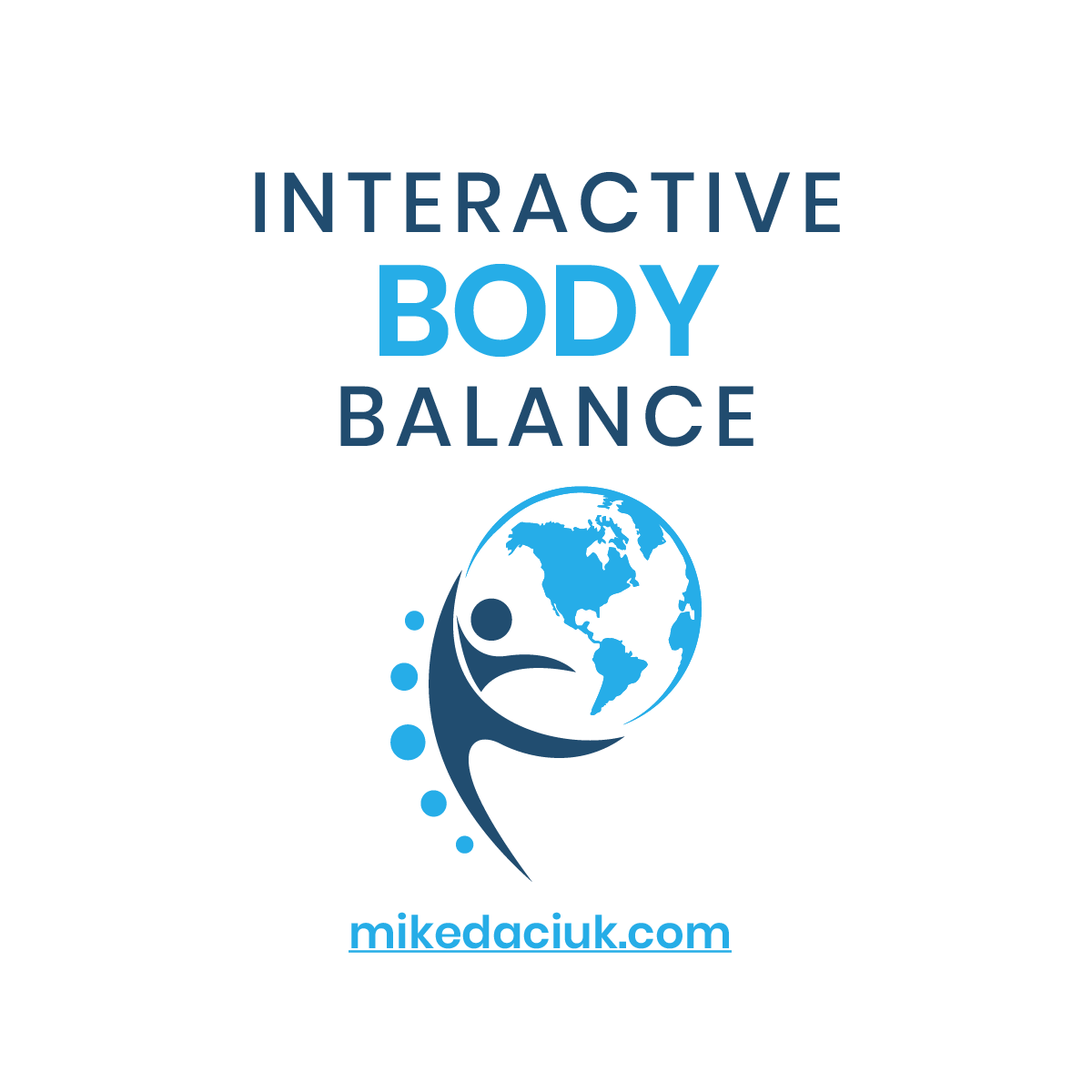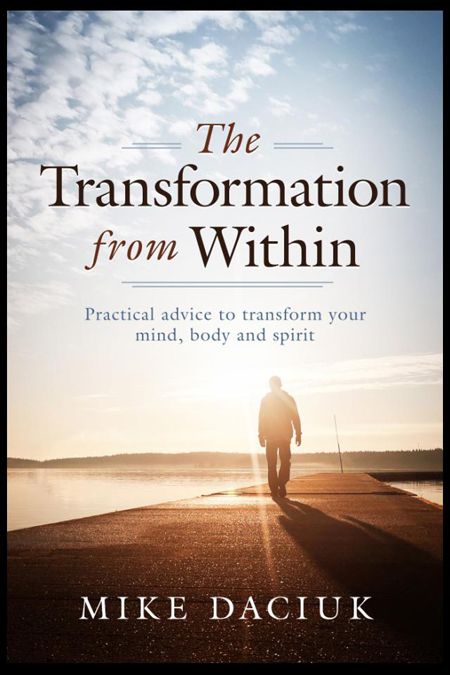Vitamins
Recommended daily amounts (RDAs)
Micro vs milli
Check the letters after the RDA carefully.
One microgram (mcg or µg) is a thousand times smaller than a milligram (mg).
Throughout this factsheet the recommended daily amount (RDA) refers to the EU guidance that is used for nutrition tables on food products.
Nutritional requirements are often slightly different for young children, adolescents, and during pregnancy and breastfeeding.
Ask your doctor or pharmacist if you are concerned about your vitamin intake.
Vitamins
Vitamin A (retinol) properties:
Good for: Eyesight, growth, appetite and taste.
Signs of deficiency: Night-blindness
RDA 800 micrograms
Good sources:
- Liver
- cod liver oil
- carrots
- green leafy vegetables
- egg yolks
- enriched margarine
- milk products
- yellow fruits.
Poisoning: This vitamin is fat-soluble and so is stored in the body for a long time, especially in pregnancy. An overdose may be dangerous.
Destroyed by Fatty acids.
Vitamin B1 (thiamine) properties
Good for: Nervous system, digestion, muscles, heart, alcohol-damaged nerve tissues.
Signs of deficiency: Tingling in fingers and toes, confusion, difficulties in maintaining balance, loss of appetite, exhaustion and weakened powers of concentration.
RDA 1.4mg
Good sources:
- Liver
- yeast
- egg yolk
- cereal
- red meat
- nuts
- wheatgerm
Poisoning: No danger. It dissolves in water, so any excess is passed in urine.
Destroyed by: High temperatures, alcohol and coffee.
Vitamin B2 (riboflavin) properties
Good for: Growth, skin, nails, hair, sensitive lips and tongue, eyesight, the breakdown of protein, fat and carbohydrates.
Signs of deficiency: Itchy irritated eyes, itchy mucous membranes (nose, mouth, throat) and cracked corners of lips.
RDA 1.6mg
Good sources:
- Milk
- liver
- yeast
- cheese
- green leafy vegetables
- fish
Poisoning: No danger. It dissolves in water, so any excess is passed in urine.
Destroyed by Alcohol and light (this is why milk-cartons are better than bottles).
Vitamin B6 (pyridoxine) properties
Good for: Preventing skin conditions, nerve problems, helps the body absorb protein and carbohydrate.
Signs of deficiency: Skin inflammation.
RDA 2mg – women taking the contraceptive pill may need more.
Good sources:
- Fish
- bananas
- chicken
- pork
- whole grains
- dried beans
Poisoning: May cause nerve problems in large doses. Evidence is conflicting about the maximum safe dose, so get medical
advice before exceeding the RDA.
Destroyed by The contraceptive pill, roasted or boiled food, alcohol and oestrogen (the female hormone).
Vitamin B12 (cobalamin) properties
Good for: Making red blood and the formation of the nerves.
Signs of deficiency: Tiredness and fatigue, tingling and numbness in hands/feet, memory problems and anaemia.
RDA 1 microgram
Good sources:
- Eggs
- shellfish
- poultry
- meat
- liver
- milk
- cheese
- fortified cereal
Poisoning: No danger. It dissolves in water, so any excess is passed in urine.
Destroyed by Water, sunlight, alcohol, oestrogen and sleeping pills.
Vitamin C (ascorbic acid) properties
Good for: Immune defence system, protection from viruses and bacteria, healing wounds, reducing cholesterol, cell lifespan and preventing scurvy.
Signs of deficiency: Tiredness, bleeding gums and slow-healing wounds.
RDA 60mg
Good sources:
- Citrus fruits
- kiwi fruit
- berries
- tomatoes
- cauliflower
- potatoes
- green leafy vegetables
- peppers
Poisoning: Large doses can cause diarrhoea and nausea nausea, eg 2g/day . Some scientists have argued that 1000-5000mg per day may damage your DNA.
Destroyed by Boiling food, light, smoking and heat.
Vitamin D properties
Good for: Strong bones and teeth.
Signs of deficiency: Unhealthy teeth, osteomalacia (causes weakening of bones), rickets in children.
RDA 5 micrograms
Good sources:
- Sunlight (the action of sunlight on the skin allows our bodies to manufacture vitamin D)
- cod liver oil
- sardines
- herring
- salmon
- tuna
- milk
- milk products
Poisoning: This vitamin is fat-soluble so can accumulate in the body. Overdoses are dangerous, but there is wide
variability in the toxic level, eg 400IU for children.
Destroyed by Mineral oil.
Vitamin E (tocopherol) properties
Good for: Fighting toxins – vitamin E is a powerful antioxidant.
Signs of deficiency: Weak muscles and fertility problems.
RDA 10mg
Good sources:
- Nuts
- soya beans
- vegetable oil
- broccoli
- sprouts
- spinach
- wholemeal products
- eggs
Poisoning: Potential effect with warfarin increasing risk of bleeding, more than 400IU/day can increase risk of heart failure and death in long term illness.
Destroyed by: Heat, oxygen, frost, iron and chlorine.
Folic acid properties
Good for: Production of red blood cells. It is essential in the first three months of pregnancy to prevent birth defects such as spina bifida, cleft palate or cleft lip.
Signs of deficiency: Tiredness due to anaemia and red tongue.
RDA 200 micrograms. Women planning to conceive should take a daily supplement of 400mcg, continued for the first 12
weeks of pregnancy.
Good sources: Carrots, yeast, liver, egg, yolks, melon, apricots, pumpkin, avocado, beans, rye and wholewheat and green
leafy vegetables.
Poisoning: No danger. It dissolves in water, so any excess is passed in urine.
Destroyed by: Water, sunlight and heat.
Minerals
Calcium
Good for: Strong bones and teeth, nerve function, muscle contraction, blood clotting.
Signs of deficiency: Poor teeth and brittle bones.
RDA 800mg
Good sources: Milk, cheese, butter, yoghurt and green leafy vegetables.
Poisoning: High doses can lead to headaches, stomach pain, high blood pressure and diarrhoea. Excess calcium can be deposited as kidney and gall bladder stones. It has been linked to an increased risk for heart attack in recent research.
Iron
Good for: Red blood cells and muscle function, white blood cells and the immune system.
Signs of deficiency: Tiredness, irritability, difficulties concentrating.
RDA 14mg
Good sources: Lean red meat, oily fish, egg yolks, green leafy vegetables, nuts, wholegrains and wholewheat.
Poisoning: Iron is stored in the body and high doses (over 17mg) can lead to constipation, vomiting, nausea and diarrhoea. Very high doses can be fatal.
Magnesium
Good for: Converting energy from food, cell repair, building strong bones, teeth and muscles and regulating body temperature.
Signs of deficiency: Muscle spasms, and has been associated with heart disease, diabetes, high blood pressure and weak bones.
RDA 300mg
Good sources: Green leafy vegetables, wholegrains and nuts.
Poisoning: High doses can cause diarrhoea.
Zinc
Good for: Immune system, the breakdown of protein, fat and carbohydrate.
Signs of deficiency: Lesions on skin, eyes and in throat, loss of taste and smell, hair loss, diarrhoea, slow healing of wounds and growth problems in children.
RDA 15mg
Good sources: Meat, shellfish, milk brown rice and whole grains.
Poisoning: High doses can lead to stomach cramps, nausea and vomiting, 100mg a day is the current advised maximum daily limit.



